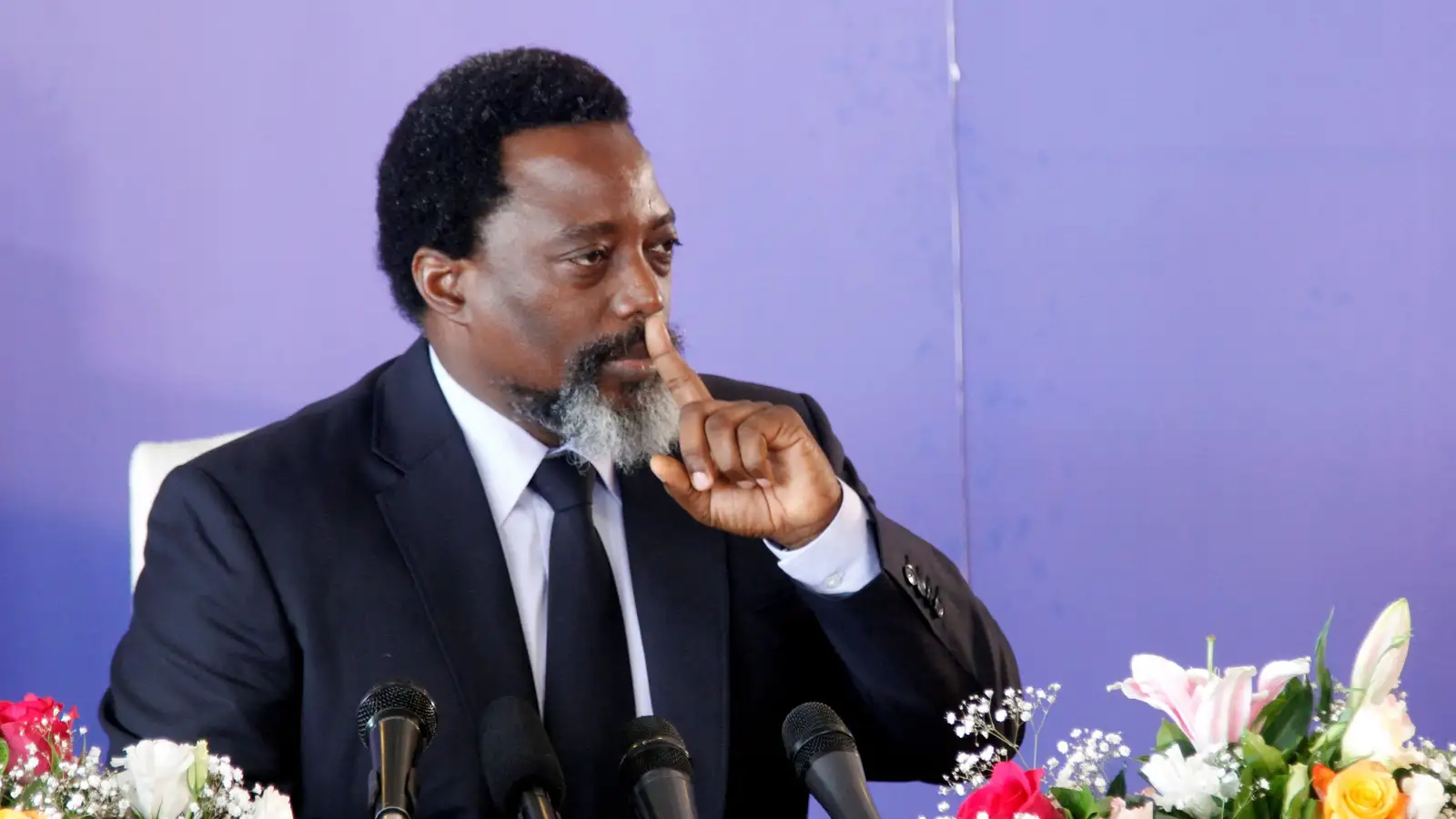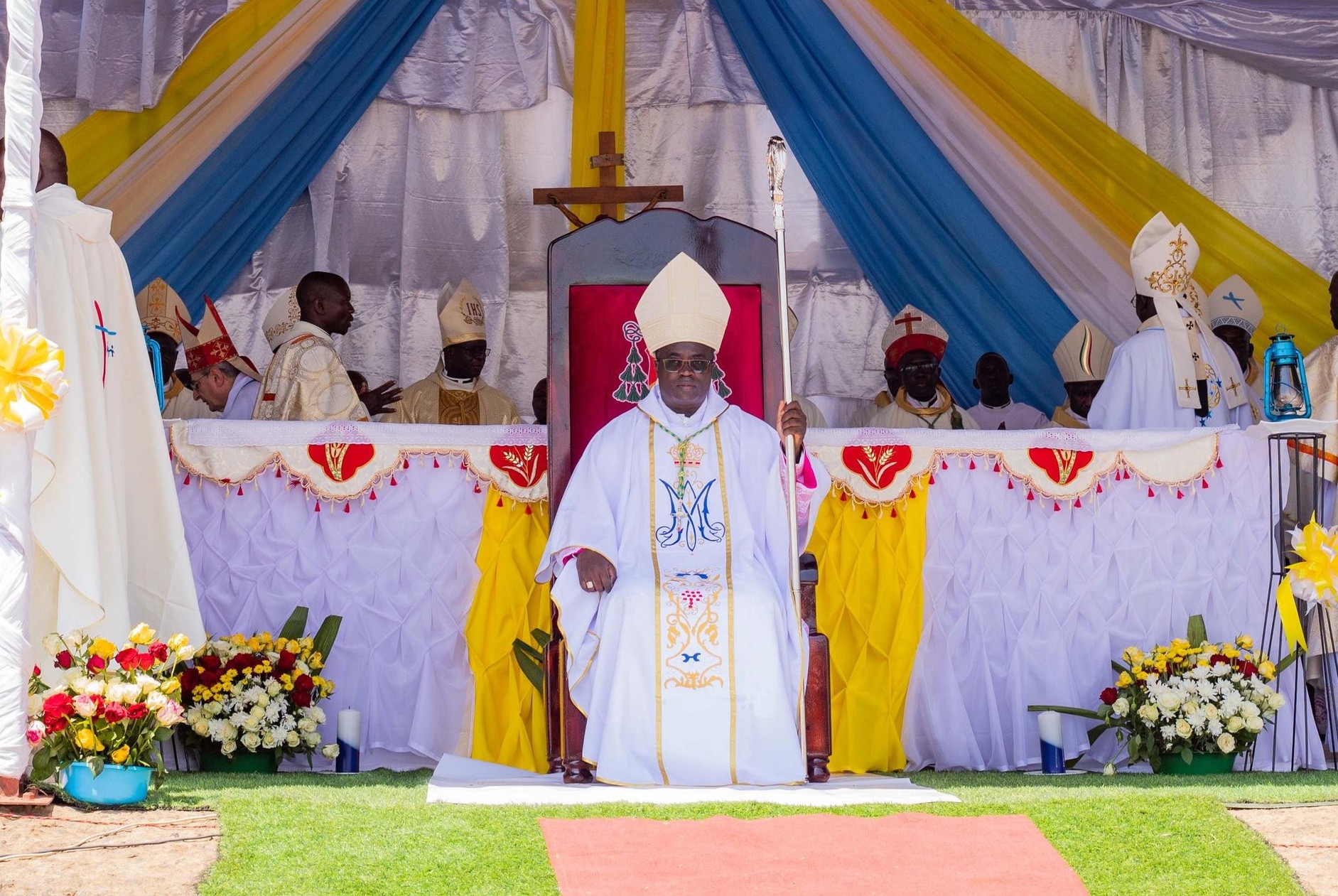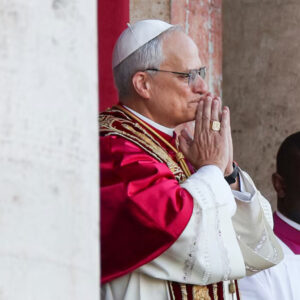Sheema, Uganda — A controversy has erupted in Sheema, Uganda, during President Yoweri Kaguta Museveni’s Parish Development Model (PDM) zonal tour, with local journalist and aspiring politician Chrispus Ariyo Katunda accusing Sheema leadership of misrepresenting a civil servant as a PDM beneficiary. The incident, highlighted on social media, raises questions about the integrity of Uganda’s flagship poverty alleviation program and its intended beneficiaries.
On February 25, 2025, President Museveni visited Sheema as part of his 2025 PDM zonal tour, aimed at assessing the progress of the government’s initiative to transition 39% of Uganda’s population—17.5 million people in 3.5 million households—from subsistence farming to a money economy.
However, Katunda, a resident of Sheema Municipality, alleged that the individual showcased, Abenawe Honest—a former principal human resource officer for Mitooma District—was not a legitimate PDM beneficiary. In a post, Katunda wrote, “Your Excellency, I wish to bring to your attention that the person you visited today in Sheema during your PDM zonal tour is not a legitimate PDM beneficiary. He is a civil servant and, therefore, does not qualify for PDM funds.”
The PDM, launched in 2022, allocates Shs 100 million annually per parish, potentially growing to Shs 800 million over five years, to support subsistence farmers and vulnerable households with financial resources, technical training, and market access. Civil servants like Abenawe, who earn regular salaries, are not eligible for these funds, as the program targets those outside the money economy.
PDM’s Role and Impact on the Money Economy
The PDM is a cornerstone of Uganda’s development strategy, aiming to reduce poverty to 18.5% and income inequality to a Gini coefficient of 0.37 by 2040, as outlined in the country’s third national development plan. According to the Economic Policy Research Centre, it adopts a bottom-up approach, decentralizing budgeting to parishes to ensure grassroots participation and economic upliftment.
For members of the money economy—salaried workers like civil servants—PDM does not provide direct benefits, as its resources are reserved for subsistence households. However, experts suggest the program could indirectly benefit this group by:
- Expanding rural markets as farmers transition to cash-based activities, increasing demand for goods and services.
- Creating jobs through agricultural and small enterprise growth, enhancing employment opportunities.
- Improving infrastructure and services (e.g., health, education, water) in parishes, benefiting all residents.
- Fostering economic stability and growth, stabilizing regions where salaried workers live and work.
Presenting Abenawe as a PDM beneficiary, Katunda argues, not only misrepresents the program’s intent but also undermines its accountability and fairness, diverting attention from the intended recipients.







